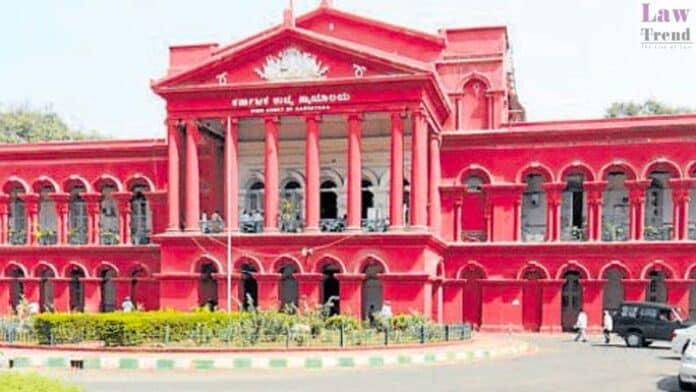In a significant win for press freedom, the Karnataka High Court has set aside a controversial gag order issued by a Bengaluru civil court that had restrained media platforms—including YouTube channels—from reporting on allegations of mass burials of sexual assault and murder victims in Dharmasthala over the past two decades.
Justice M Nagaprasanna, delivering the verdict on Friday, allowed a petition filed by the YouTube channel Kudla Rampage, which had challenged the ex parte interim injunction issued on July 8. The civil court’s order had barred the channel from publishing any “defamatory content” against the family managing the Dharmasthala Manjunathaswamy Temple.
“The ex parte injunction issued by the trial court is hereby quashed,” Justice Nagaprasanna ruled, adding that the matter is remitted back to the trial court for a fresh hearing. The High Court directed the civil court to reconsider the interlocutory application in light of the principles laid out in its order and decide the matter without delay.
The High Court clarified that it was not expressing any opinion on the merits of the civil or criminal allegations involved in the case. “All contentions and issues, except the limited question decided here, remain open for adjudication,” the court said.
The gag order had been obtained by Harshendra Kumar D, brother of Dharmasthala Dharmadhikari Veerendra Heggade, who sought the removal of over 8,000 digital links—including news articles, social media posts, and videos—that he claimed were defamatory to him, his family, and the temple administration.
Reacting to the judgment, Kudla Rampage’s legal counsel A Velan described the ruling as a landmark in the fight for press freedom. “The Karnataka High Court has not merely issued a judgment—it has reaffirmed a cornerstone of our democracy,” he said.
Velan called the gag order “an unconstitutional instance of prior restraint” and argued that it had a chilling effect on journalism. “It sought to punish reportage and suppress public scrutiny in a matter of grave national concern,” he added.




